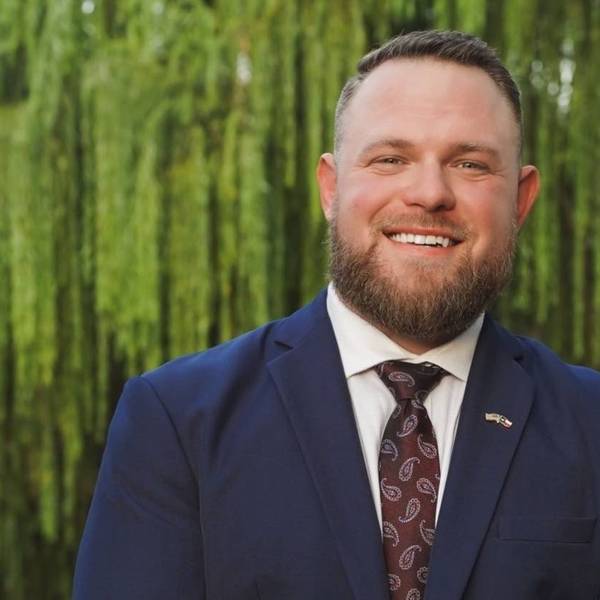As Texans headed to the polls Tuesday to take part in the nation's first statewide primary of 2018, Sen. Ted Cruz (R-Texas)--who will likely face Democratic Rep. Beto O'Rourke in the general election in November--expressed concern in a radio interview that a massive surge in turnout from "the extreme left" could place GOP control of Congress in serious jeopardy.
"There is no PAC, there are no billionaires. This is really people."
--Rep. Beto O'Rourke (D-Texas)
"If conservatives are complacent, we know that the left is going to show up," Cruz told right-wing radio host and author Hugh Hewitt Tuesday morning. "The extreme left, they're angry. They're filled with rage. They hate the president. And mark my words, we are going to see historic turnout from the extreme left in November, which means if conservatives stay home...we could lose both houses of Congress."
Judging by the early voting numbers in Texas' primary, Cruz and other state Republicans are certainly right to be worried.
According to Dave Wasserman, editor of the Cook Political Report, the number of Democrats who cast early ballots in Texas' 15 largest counties spiked 105 percent from 2014, whereas early voting in the GOP primary only rose 15 percent.
Much of the soaring voter enthusiasm in Texas has centered on O'Rourke, who has posted remarkable fundraising numbers over the past several months. As Business Insider reported last week, O'Rourke--who does not accept corporate PAC money--has raised three times as much as the corporate-friendly Cruz so far this year.
"We're far stronger than we would be otherwise," O'Rourke said of his decision to reject corporate cash. "It is giving more people a reason to contribute and become part of this. They know that their five, 10, or 15 dollars is really going to make a difference. There is no PAC, there are no billionaires. This is really people."
Recent polls show that O'Rourke is expected to handily defeat the other two Democratic candidates vying to challenge Cruz in November.
The Texas primary also features a closely watched race in which the Democratic Congressional Campaign Committee (DCCC) has taken the highly unusual step of publishing opposition research on progressive Democratic candidate Laura Moser, who is running in a crowded field of six other Democrats to represent Houston in the House of Representatives--a seat currently held by Rep. John Culberson (R-Texas).
The DCCC's move sparked significant backlash from progressives, who called the attacks "vile" and cited them as further evidence that the Democratic Party is working hard to sideline candidates who refuse to toe the party line.
"We have to fix our broken politics, and that starts by rejecting the system where Washington party bosses tell us who to choose."
--Laura Moser, Texas House candidate
Moser, for her part, characterized the DCCC's efforts as an attempt to resurrect "days where party bosses picked the candidates in their smoke-filled rooms."
But those days are "over," Moser said, concluding: "It's disappointing to hear it from Washington operatives trying to tell Texans what to do. These kind of tactics are why people hate politics."
While the DCCC's move may have been Democratic establishment politics at its worst, by some metrics the effort seems to have backfired: Moser's campaign saw an "overwhelming" flood of donations and support in the several days after the DCCC launched its attack.
According to one recent poll, Moser is in second place behind corporate lawyer Lizzie Pannill Fletcher. If no candidate receives more than 50 percent of the vote, the top two advance to a runoff, which will take place in May.
In a digital ad released last week, Moser alluded to the DCCC's campaign against her and declared "we have the power to choose who represents this district."
"We have to fix our broken politics, and that starts by rejecting the system where Washington party bosses tell us who to choose," Moser said.
Watch:




